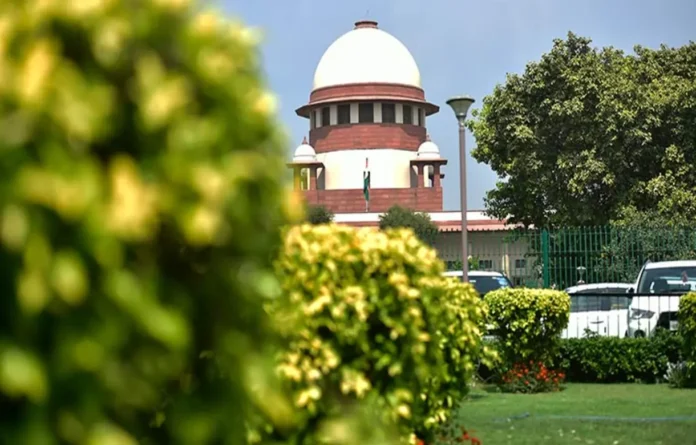The Supreme Court has expressed its reservation over the procedural casualness and the timing of a petition filed by Allahabad High Court judge Justice Yashwant Varma, challenging the in-house inquiry committee’s report that indicted him over the alleged recovery of a huge sum of unaccounted cash from his official residence in Delhi.
The Bench of Justice Dipankar Datta and Justice AG Masih on Monday asked Justice Varma why he participated in the proceedings if he believed the process to be unconstitutional and tainted. Being a constitutional authority, who knew the process well, the sitting High Court judge could have immediately come to this Court and raised all these points, instead of waiting for the inquiry panel to conclude its findings and the then Chief Justice of India (CJI) Sanjiv Khanna forwarding a recommendation for his removal, observed the Bench.
It further asked Justice Varma whether he took a ‘chance’ for a ‘favourable’ outcome by engaging with the in-house panel and only turned to the Apex Court after the findings went against him.
If this report was of no worth, what was Justice Varma challenging, the Apex Court asked Senior Advocate Kapil Sibal, appearing for the sitting High Court judge.
Noting that the in-house probe was based on an established Supreme Court verdict and that the constitutional process for removal remained under Parliament’s domain, the Bench said if the petitioner had any qualms against the judgment, he could avail other remedies.
The Apex Court asked Justice Varma why he was aggrieved by former CJI Khanna’s intimation to the President and Prime Minister, especially when the in-house report itself did not trigger any legal consequence unless followed up with a formal parliamentary motion under the Judges (Inquiry) Act.
When Sibal termed the communication to the President and PM as unconstitutional, the top court of the country said that the President was the appointing authority for the judges of constitutional courts. Since the President acted on the aid and advice of the Prime Minister, it was sent to the PM. Sending a communication did not mean the CJI was persuading the Parliament to act against the judge.
On whether the judge’s conduct could be tested under general principles of judicial ethics, the Bench noted that the same could be treated as misbehaviour under the Bangalore Principles.
Sibal argued that this did not warrant removal.
The Apex Court said one did not know and listed the matter for further hearing on July 30.
Adopted in 2002, Bangalore Principles of Judicial Conduct is a global framework for judicial ethics, which act as a guiding framework to ensure judicial neutrality and ethical conduct. Indian courts have occasionally invoked these principles in disciplinary contexts, particularly when evaluating allegations of judicial misconduct, as seen in cases of public speeches or actions that may compromise the perception of judicial impartiality.


